The report highlights that the European Union's stainless steel production is making a loss, despite being the world's most sustainable and achieving significant savings in greenhouse gas emissions through scrap-based production.
The BIR report stated that the European stainless steel sector is under the influence of weak economic conditions and uncertain US customs and tariff policies. The traditional summer lull had a negative impact on orders and prices were under severe pressure due to low scrap demand.
Feedback from Italy reported that scrap prices were cut to remain competitive with plate and nickel pig iron, leading mill customers to ask for a reduction in coil prices. Some buyers, on the other hand, postponed orders, waiting for prices to fall to their lowest levels.
In Asian markets, it was stated that stainless steel demand is not expected to recover until the tariffs are clarified. In the Chinese market, it was reported that demand weakened and mills reduced production after the tariff disputes started in April. Demand for scrap weakened in Taiwan and South Korea, while domestic scrap consumption in Japan remained relatively stable but exports declined.
The abundance of alternative raw materials and high freight rates were cited as the main reasons for the slow scrap market in India.
In the Middle East, prices rose due to raw material inflation, supply chain constraints and higher energy costs. Transportation delays and material shortages made delivery and inventory management difficult, the report said.
In superalloy scrap, especially in the Inconel 718 market, oversupply and weak demand drove down prices, with mills in the US and Europe slowing down their melting programs. It was emphasized that the commercial aerospace sector remains the main source of superalloy demand, but demand in the European oil and gas market has fallen.


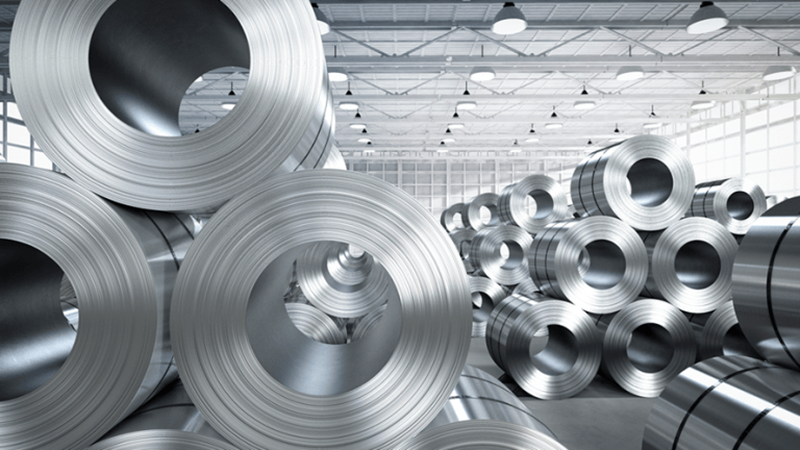
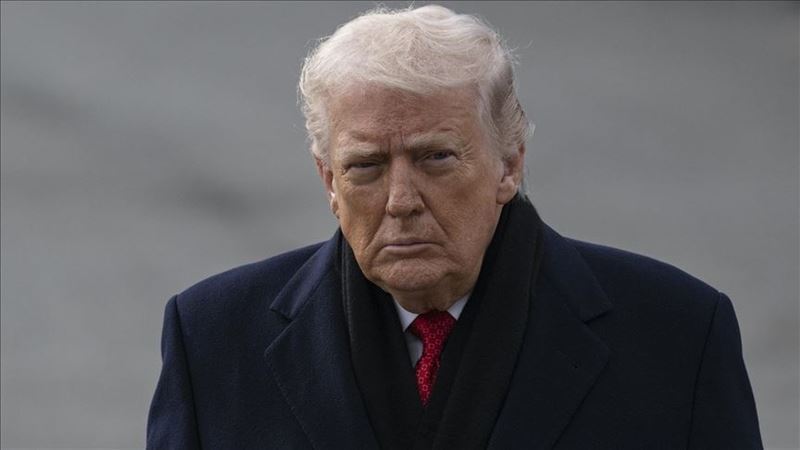
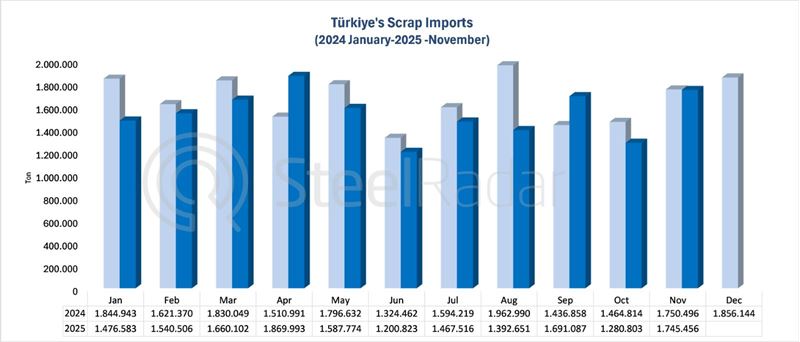
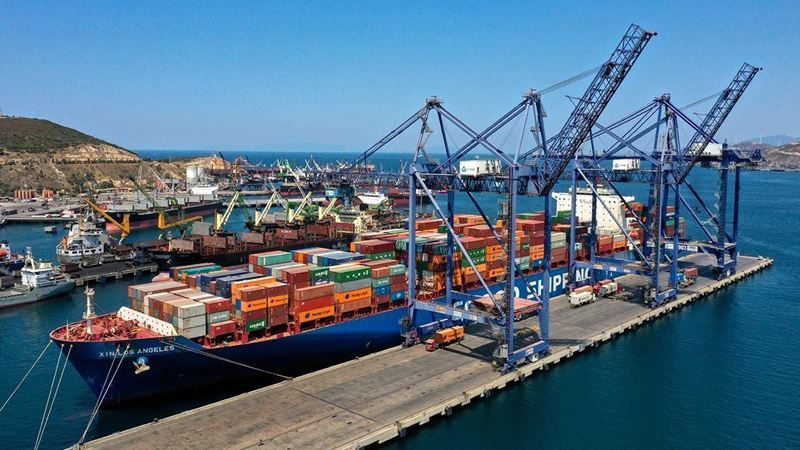
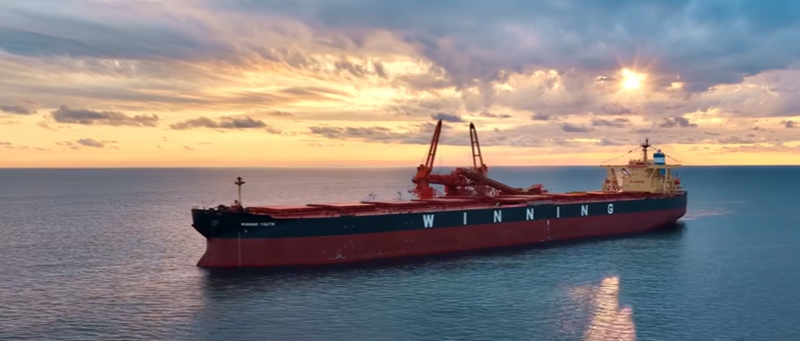



Comments
No comment yet.